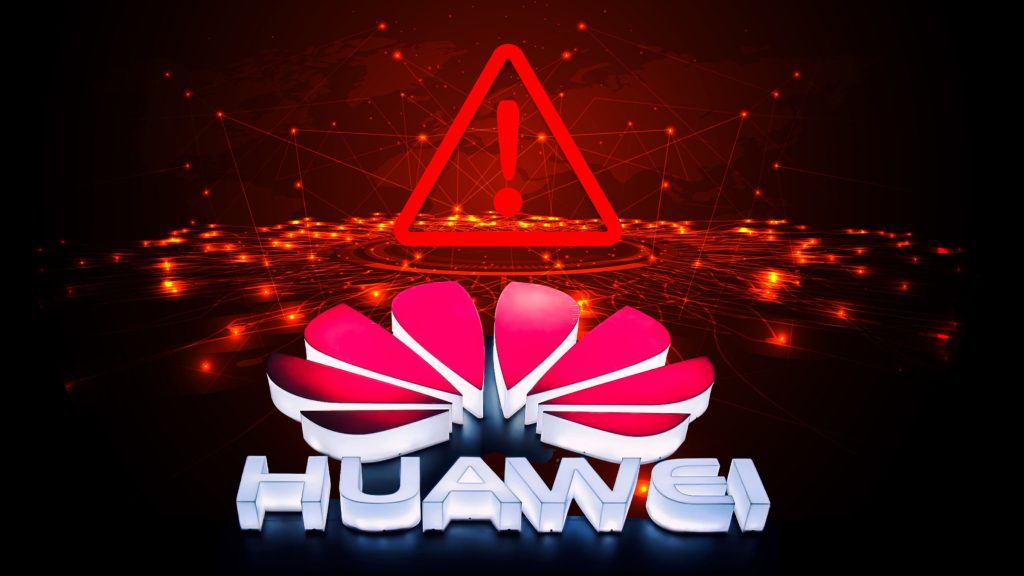
Huawei, Vivo, and Honor smartphone users were alarmed when an Avast alert falsely categorized the Google Android app as malware.
- The issue came up when the users installed the app from unofficial sources.
- Avast’s antivirus SDK, which powers the Huawei Optimizer app, incorrectly flagged the app as malware.
Some Huawei, Vivo, and Honor smartphone users reported that the Google Android app was classified under malware.
The issue arose when the users in question installed the Google app from sources other than the official “Google Play” app store. The users received warning messages instructing them to immediately uninstall the app. The message accused the app of:
- Secretively sending SMS messages
- Encouraging users to install and purchase explicit content
- Compromising user data privacy
Those are serious accusations.
It turns out that Avast, a Czech cybersecurity company, was responsible for the mishap. Its antivirus Software Development Kit (SDK) powers the Huawei Optimizer app. And the SDK messed up. In their statement, the company said that “it was reported to Avast that its antivirus [SDK] for Android was incorrectly flagging the Google Quick Search Box as malware on Huawei phones.”
For their part, Google asserted that the issue was unrelated to their app. The tech giant advised affected users to contact their device manufacturer. Also, the company did not miss the opportunity to stress that Google’s core apps for Android are officially available only through the Google Play app store.
To avoid further misinformation, Huawei made sure to clarify the origin of the issue: Avast’s antivirus detection and removal engine. They explained that the latest Google app release (on October 27th) introduced modifications that triggered Avast’s virus alert. They also stressed how secure is the app. In addition, they recommended users clear their cache and data within the Optimizer app settings to fix the problem.
All’s well that ends well, right? Not exactly.
Such “misunderstandings” and mishaps can hurt the users and the developers involved. For one, if a security system keeps falsely alarming people of malware, what do you think will happen when it’s actually malware? Have you heard of the boy who cried wolf? When the wolf finally came nobody believed the boy…
Now let’s pretend that the app that’s triggering the malware is a paid one. The users would request refunds and compensations, rightfully so. And developers end up losing money.
Finally, not all developers are Google affiliated, or some other Big Tech giant. Most are indie developers who cannot afford to lose their reputation and standing within the community. Google keeps going back and forth with the courts, and they barely lose money. But if a reputable security app flags a small developer’s application as malware… they may never recover financially.
Inside Telecom provides you with an extensive list of content covering all aspects of the tech industry. Keep an eye on our Cybersecurity sections to stay informed and up-to-date with our daily articles.